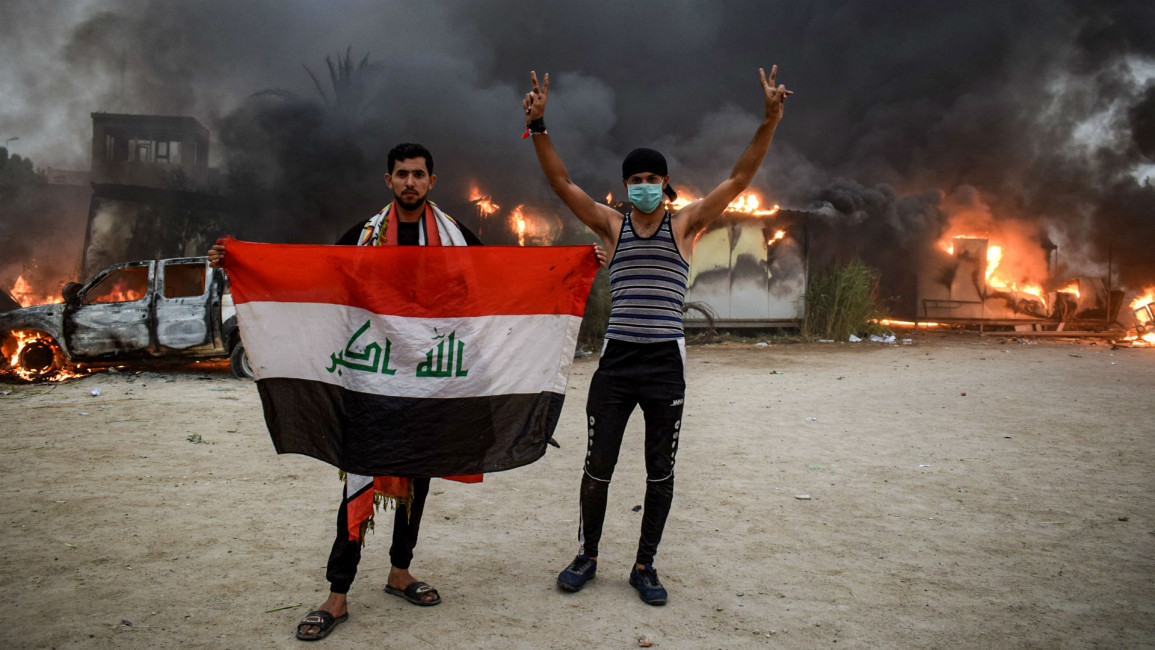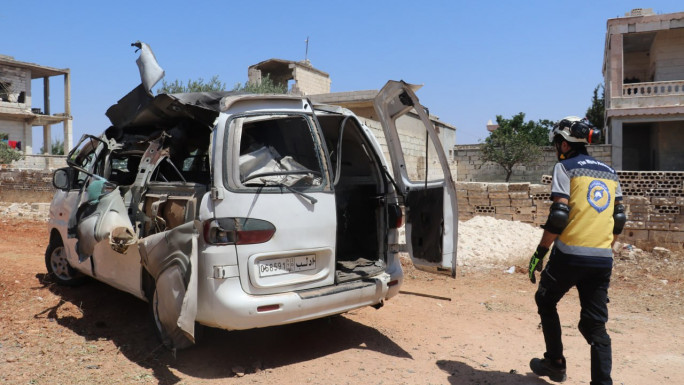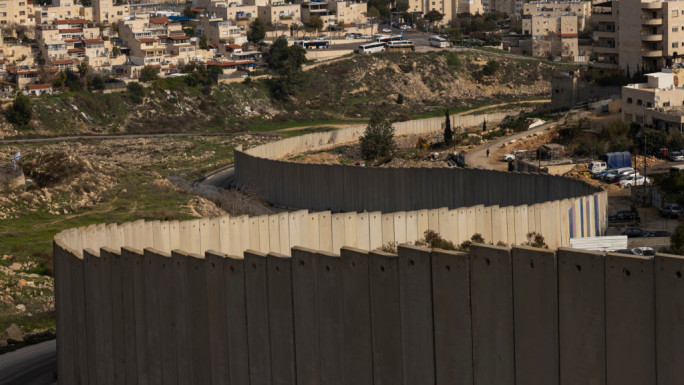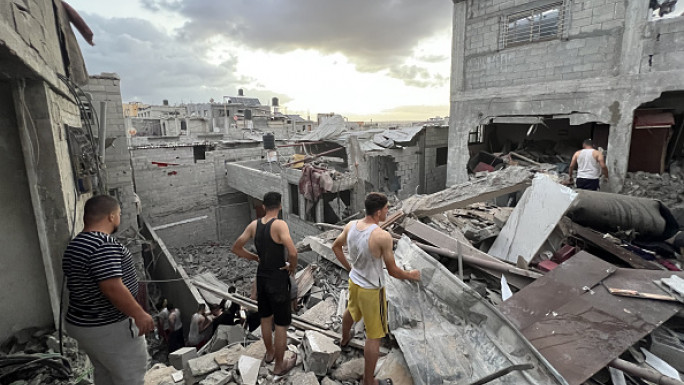Iraqi government investigates brutal crackdown on healthcare graduates protests
The Iraqi government has initiated an investigation into the violent dispersal of a demonstration on Tuesday, where more than 25 healthcare graduates were injured as riot police used water cannons and batons against protestors in Baghdad's Green Zone.
The demonstrators, organised by three major health syndicates, were demanding jobs for the previous year's healthcare graduates.
Human rights groups have condemned the security forces' actions, viewing the crackdown as emblematic of a broader culture of impunity for state violence.
The protest saw thousands of people marching toward the Green Zone, a highly fortified area housing the Iraqi parliament and key government ministries, to push the government to fulfil its employment promises to qualified professionals who remain jobless.
This demonstration underscored growing frustration among young health graduates who feel neglected by the government, despite Iraq's acute need for more healthcare workers. The syndicates argue that the lack of government action on employing these graduates is worsening unemployment and straining the healthcare system.
A culture of impunity
Amnesty International's Iraq researcher, Razaw Salihy, criticised the government's handling of the protests.
"The response of the Iraqi security forces is a significant indicator of the culture of impunity for state violence," Salihy told The New Arab. She pointed out that since coming into power, the government has targeted freedoms enshrined in law, including freedom of expression and civil society.
She also highlighted ongoing cases of judicial harassment against activists and journalists, warning that the lack of accountability for state-aligned armed actors could lead to further unrest.
Salihy noted that the recent protests echo the early days of the 2019 October movement, which saw massive demonstrations across Iraq against corruption, unemployment, and poor governance.
"If the government is serious about addressing these grievances, it must ensure that investigations lead to concrete actions and hold those responsible for violence accountable," she added.
In response to the unrest, Prime Minister Mohammed Shia' Al-Sudani has ordered the Joint Operations Command to investigate the violence and directed the Baghdad Operations Commander to be physically present at all future demonstrations to prevent further clashes.
He also tasked a committee, led by the Health Minister, to deliver a report within a week on how to resolve the employment issues facing medical and health profession graduates, clarifying the legal framework for their appointments.
The Medical and Health Professions Syndicates reiterated their demand for the immediate employment of all 2023 health graduates, citing prior agreements with the Prime Minister and Finance Minister. They expressed frustration over the government's slow response and warned that protests would escalate if their demands were not met.
A history of violence
On Wednesday, the government announced plans to employ nearly 30,000 health workers in the public sector, a move seen as a response to the protests.
The Ministry of Interior also reported that more than 15 security personnel were injured during the demonstration, some seriously. A video released by the ministry showed clashes between protestors and the Law Enforcement Unit assigned to protect the demonstration, leading to further altercations.
Iraq's history with peaceful protests is fraught with violence and repression. In March, an Iraqi court acquitted a police officer previously sentenced to death for orchestrating the killing of a well-known security analyst, Hisham al-Hashimi.
Moreover, a top appeals court recently overturned the conviction of a senior police officer found guilty of killing protestors in 2019, citing insufficient evidence.
The anti-government protests that began in October 2019 mobilised tens of thousands of Iraqis, fuelled by widespread dissatisfaction with corruption, poor infrastructure, and high unemployment. A brutal crackdown resulted in over 800 deaths and thousands of injuries, particularly in the marginalized city of Nasiriyah.
As Iraq navigates continued political instability and public demand for reform, the government's handling of these recent protests will be a crucial test of its commitment to change and accountability.







